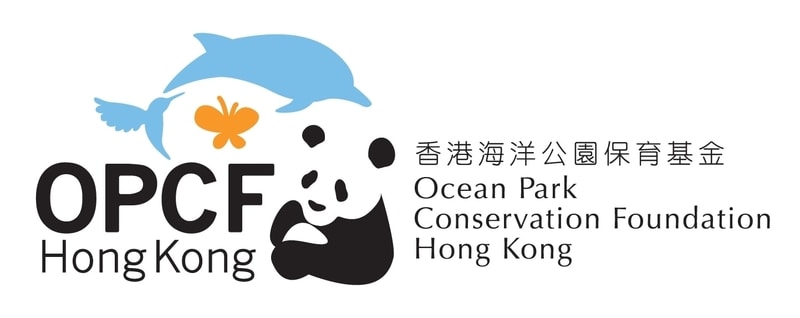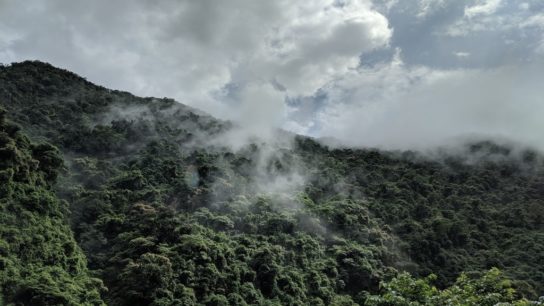This article comes from the frontline activities of the Ocean Park Conservation Foundation Hong Kong, whose mission it is to advocate, facilitate and participate in effective conservation of Asian wildlife, with an emphasis on Chinese white dolphins and giant pandas.
Ocean Park Conservation Foundation Hong Kong (OPCFHK) has announced the details of its 2020-21 Conservation Funding Projects, pledging over HK$3.43 million to support 13 new studies.
—
The selected projects involve more than 30 species with urgent conservation needs in eight Asian countries and regions, all of which focus on marine conservation and combating illegal trading of threatened species. Hong Kong-led projects include a first-of-its-kind computer program for automated facial recognition of the humphead wrasse, and genetic-based research of dried tokay geckos.
Michael Boos, Foundation Director of OPCFHK, says, “Illegal wildlife trade continues to be one of the most significant threats to biodiversity globally, and this is even happening in Hong Kong at our very own doorstep. In particular, some threatened wildlife species are considered to have edible and medicinal values in the city. Given the urgency of conservation efforts, it is critical that OPCFHK supports research studies which contribute to the effective combat of illegal trading and that also have measurable conservation outcomes.”
You might also like: Mouse-Sized Elephant Shrew Rediscovered After 50 Years
The foundation says that conservation efforts can be misdirected if no solid evidence can be provided about a traded species’ place of origin. A new Hong Kong-led study will be conducted to combat the illegal trading of humphead wrasses. The research proposes developing a computer program for automated facial recognition of the humphead wrasse, which can later be tested in Hong Kong’s local seafood markets and eventually be adopted by local government departments and other countries for illegal trading regulation enforcement.
Another local project proposes genetic-based research to determine the geographic origin of dried tokay geckos sold in traditional Chinese medicine markets, which can improve the current genetic diversity of the species in Asia.
Dr Timothy Bonebrake, says, “Tokay geckos are frequently observed in Hong Kong’s markets, dried flat on sticks and used in soups to prevent lung problems. The vast numbers seen might lead one to believe that tokay geckos are an infinite resource. In reality, reports indicate that millions of tokay geckos are traded every year, to the point where the species was added to Annex II of CITES (the Convention on International Trade in Endangered Species of Wild Fauna and Flora) in 2019 to prevent further endangerment. OPCFHK’s funding will help us conduct the research required to fill in this knowledge gap, using a combination of conservation forensics tools and field work to determine the origins of market geckos and how local tokay geckos in Hong Kong are affected by this global trade.”
Finally, a regional study of Okhotsk Sea bowhead whales conducted at The Institute of Ecology and Evolution of the Russian Academy of Sciences will shed light on the endangered species’ seasonal distribution to define a potential ‘area of conflict’ with the wider industry. This is the first systematic survey to study their population, which will make use of satellite tracking to define migratory routes and winter grounds for this remarkable marine mammal.
About the Ocean Park Conservation Foundation
The OPCFHK works to advocate, facilitate and participate in effective conservation of Asian wildlife, with an emphasis on Chinese white dolphins and giant pandas. It achieves this goal through partnerships, fundraising, research and education. Since its inception 25 years ago, the foundation has allocated over HK$90.2 million to fund 514 research projects on cetaceans, giant pandas and many other species.
Find out more about OPCFHK’s conservation research funding at: https://www.opcf.org.hk/en/conservation-research/research-funding/2020-21-projects.
Featured image supplied by: Ocean Park Conservation Foundation

















